
Building self reliance in children of the street
Butterflies, a non government organisation, is helping street children to organise themselves and operate a restaurant in the Capital's main bus terminus.

Butterflies, a non government organisation, is helping street children to organise themselves and operate a restaurant in the Capital's main bus terminus.
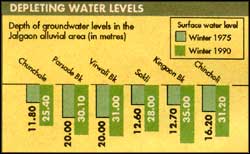
BANANAS are thirsty plants, and farmers in the Jalgaon area of Maharashtra -- who produce 10,00,000 tonnes of the state"s annual banana output of 17,00,000 tonnes -- have literally begun mining for

Ajit Jogi, Chhattisgarh chief minister, has announced an enquiry into the legality of India"s first private project to supply water to industry from the Sheonath river. Speaking at a press conference after a cabinet meeting on January 21 in Ambikapur, Sar

With the pollution conscious West pushing large scale production of toxic chemicals to India, the result is more exports and more environmental damage.

Fourteen years after Germany scored a worldwide first by adopting eco labelling, there still remain doubts about selection and evaluation procedures used in the system.

Researchers are trying to reduce carbon dioxide emissions in the manufacture of cement by finding alternatives to limestone

Narasimharaju's dream of providing inexpensive cement for rural use will come true when his plant starts production later this year.

Many European nations have banned the free passage of toxic waste between borders, despite the common market concept.

The TV serial of the late 1980s is now available as a video series. Although its message of self reliance is a bit dated, it still is a useful mix of science, history and social development.

Ordered by the Supreme Court to shift stone crushers from the Delhi Faridabad border, officials have arbitrarily moved them to a nearby village, paying little heed to their welfare
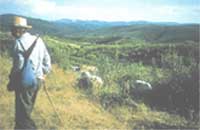
How does a civilisation relate to the environment? To find out, study its attitude towards large carnivores. Europeans have tried to dominate nature. In the process, they have exterminated several large carnivores like the wolf. But communities in India

An NGO is helping residents of a Kanpur slum to get amenities like drinking water, latrines and medical care
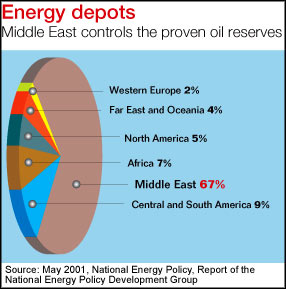
Petroleum fuels the engines of the global economy. So there is never enough of it. Oil politics dictates international relations
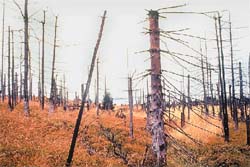
Scientists became aware of acid rain more than a century ago

The Netherlands leads the way in sustainable investments funds that go towards the setting up of projects that are ecologically viable

Clearing the Ganga, is their mission even if it means fishing out scores of bodies from the river

The Sukruli cauldron threatens to boil over if the Orissa government does not act against the smoke spewing sponge iron plant in the area.
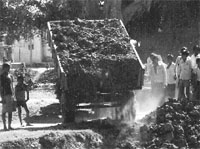
The malaria control operations have been successful only because of help from a large public sector corporation
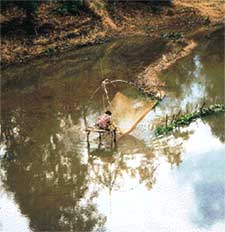
Burgeoning population and agricultural encroachment in the last half century have erected artificial walls within the Gond tribes. These ethnic groups, dominating the Bastar district, have little social or economic interchange today

Beyond the tigers of Sunderbans: A closer look at the leeches and the beautiful blue devil